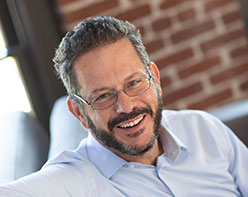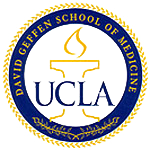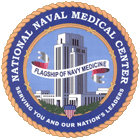
Education

David Geffen School of Medicine at UCLA
Chief Residency, Inpatient Psychiatry
1997 – 1998

David Geffen School of Medicine at UCLA
Psychiatry Residency Program
1995 – 1997

Bethesda Naval Hospital
Medical Internship
1991 – 1992

University of Pittsburgh School of Medicine
Doctor of Medicine (MD)
1987 – 1991

University of California, Berkeley
Bachelor of Arts (BA), Physiology & Latin-American Literature
1984 – 1987
Certifications
Professional Experience
-
Geoffrey F. Sternlieb, M.D., Inc.
Psychiatrist
2002 – Present
I work with adults, couples and families
 on a wide range of emotional difficulties. As a psychiatrist, I am also able to integrate medications
into my work when beneficial, but only as a complement to and never as a substitute for the important work of psychotherapy.
on a wide range of emotional difficulties. As a psychiatrist, I am also able to integrate medications
into my work when beneficial, but only as a complement to and never as a substitute for the important work of psychotherapy. -
UCSD School of Medicine, Department of Psychiatry
Clinical Faculty
1998 – Present
Duties include leading advanced, pro bono teaching seminars and one-on-one tutorials with junior and senior psychiatry residents as they approach completion of their medical and psychiatric education.

-
Scripps Health
Staff Psychiatrist
1999 –2002
I worked with adults, couples, and families on a wide range of emotional and relational diff- iculties. I also integrated medications into my work where beneficial.

-
US Navy
General Medical Officer
1992 – 1995
Duties included evaluation of routine and urgent patients in a primary care setting, as well as supervision of staff in managing sick-call, pharmacy, laboratory, and X-ray facilities. I provided medical services in conjunction with humanitarian relief efforts in Honduras and Somalia.

About
I work with adults, couples and families on a wide range of emotional difficulties. As a psychiatrist, I am also able to integrate medications into my work when beneficial, but only as a complement to and never as a substitute for the important work of psychotherapy.
My interest in psychodynamic therapy was originally sparked by my work as a general practitioner in the first few years following medical school. As a primary care doctor, it became increasingly clear to me that much of what ailed my patients both physically and emotionally could be traced back to difficulty in identifying, monitoring, and carefully attending to their own physical and emotional needs.
Eventually I hung up my stethoscope and went on to specialize in psychiatry at UCLA, but I never forgot the questions that had originally spurred me down this path as a young general MD: Where are you in your life? How does that compare to where you’d like to be? What is within your power to change and what gets in the way of you harnessing that power? What isn’t within your power to change and what gets in the way of fully grieving those important and sometimes irretrievable losses? In my view, these questions lie at the very heart of the psychodynamic therapy endeavor.



